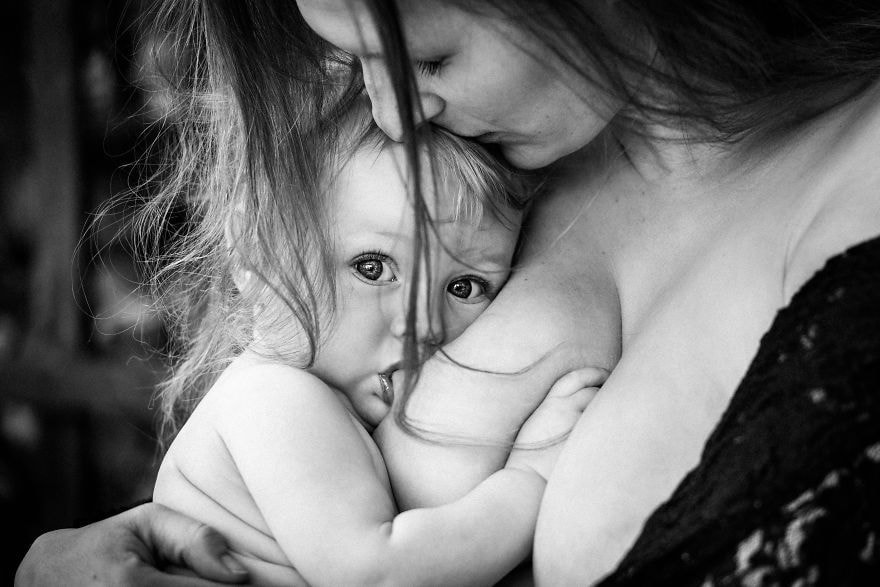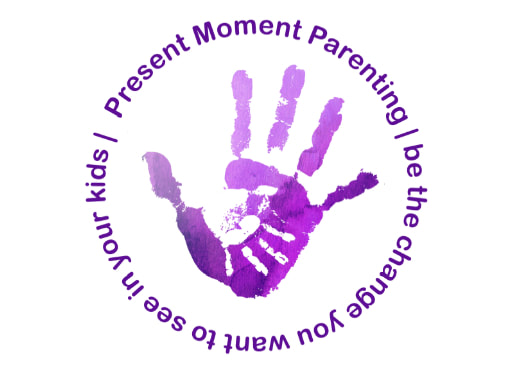Transcript of the podcast...
I have a question - my son will be 4 in a few months and he gets very angry when people make jokes with him or even laugh. Eg. he might say something cute and we will laugh and then he gets angry. How do you explain to them that not all laughing is negative? Basically how do you instill a sense of humour for some things?
Hi there. Your son is still very young for such understanding. Kids his age will tend to take everything literally and won't necessarily understand these more complicated social nuances.
Try to see things from his perspective first. Was what he said something serious for him even though it may seem cute and funny to you? Have you ever had someone laugh at something you said when you were trying to make a serious point? How did you feel? Children don’t want to be seen as cute – they want to be acknowledged as contributing members of a family or society like the rest of us.
Laughing together is a way to connect. Laughing at someone isn't. He'll develop a sense of humour in time... it's not something that needs to be taught. But you can encourage the sense of humour he has already by first observing what he finds amusing. Then join him in that.
At preschool age humour is usually focused around things that are unusual...or incongruous - an elephant in a bath or a bus with square wheels or a cat that moos. They usually also like some bathroom humour... poos and farts are very funny at this age. They're unlikely to enjoy jokes that are too subtle or ironic. He's not likely to be laughing at himself yet unless he's the one doing something silly or incongruous on purpose to amuse himself and others. Laughing at him for saying something that he sees as serious wouldn't count. That would be experienced as being mocked or misunderstood.
Be particularly careful of irony and sarcasm with young children. Because they take everything literally, they will struggle to understand it and can find this confusing or even scary. For example, when my daughter was four she became afraid of going to preschool and started getting tummy aches in the mornings. After much patient listening I discovered that her preschool teacher had told the class that if anyone was talking when they weren’t supposed to be that she would have to cut their tongues out! Of course these little children thought that that would actually happen. When I confronted the teacher she said that she was just being sarcastic. Needless to say I didn’t keep my children in that school. As parents we can be forgiven for not knowing this. Teachers ought to be trained in what children are physically, emotionally and cognitively ready for at each age and able to keep this in mind when choosing how to interact with the children in their care.
From around late primary school age children start to appreciate sarcasm, so don’t discount this as an enjoyable form of humour once your son is older. Remember at any age to be a keen observer of your children. If you are present and watchful you’ll know what they are and are not enjoying and then you can adapt to their level of humour.
For now, the best way to help him to laugh at himself would be to model this. Laugh at yourself. Join in the fun when someone teases you light-heartedly. Our children are watching us all the time to learn how to interact in the world – which things to take seriously or not, how to know when someone has overstepped a line, how to apologise when we have. Just living our lives with integrity and our own sense of humour will allow our children to naturally develop theirs.
Humour is amazing. It helps us cope with change and stress it builds our immune systems keeps our blood pressure down and it ultimately makes life worth living. Laughing with your children is a fantastic way to build your relationship and enjoy each other’s company. Just be sure to keep your humour to an appropriate level.
And so to end I leave you with my children’s favourite preschool joke:
Why was Tigger looking in the toilet?
He was trying to find Pooh!
Wishing you all lots of laughs!
If you have any questions please email me on [email protected] and remember to like our Facebook page, TransformationalParenting.
I have a question - my son will be 4 in a few months and he gets very angry when people make jokes with him or even laugh. Eg. he might say something cute and we will laugh and then he gets angry. How do you explain to them that not all laughing is negative? Basically how do you instill a sense of humour for some things?
Hi there. Your son is still very young for such understanding. Kids his age will tend to take everything literally and won't necessarily understand these more complicated social nuances.
Try to see things from his perspective first. Was what he said something serious for him even though it may seem cute and funny to you? Have you ever had someone laugh at something you said when you were trying to make a serious point? How did you feel? Children don’t want to be seen as cute – they want to be acknowledged as contributing members of a family or society like the rest of us.
Laughing together is a way to connect. Laughing at someone isn't. He'll develop a sense of humour in time... it's not something that needs to be taught. But you can encourage the sense of humour he has already by first observing what he finds amusing. Then join him in that.
At preschool age humour is usually focused around things that are unusual...or incongruous - an elephant in a bath or a bus with square wheels or a cat that moos. They usually also like some bathroom humour... poos and farts are very funny at this age. They're unlikely to enjoy jokes that are too subtle or ironic. He's not likely to be laughing at himself yet unless he's the one doing something silly or incongruous on purpose to amuse himself and others. Laughing at him for saying something that he sees as serious wouldn't count. That would be experienced as being mocked or misunderstood.
Be particularly careful of irony and sarcasm with young children. Because they take everything literally, they will struggle to understand it and can find this confusing or even scary. For example, when my daughter was four she became afraid of going to preschool and started getting tummy aches in the mornings. After much patient listening I discovered that her preschool teacher had told the class that if anyone was talking when they weren’t supposed to be that she would have to cut their tongues out! Of course these little children thought that that would actually happen. When I confronted the teacher she said that she was just being sarcastic. Needless to say I didn’t keep my children in that school. As parents we can be forgiven for not knowing this. Teachers ought to be trained in what children are physically, emotionally and cognitively ready for at each age and able to keep this in mind when choosing how to interact with the children in their care.
From around late primary school age children start to appreciate sarcasm, so don’t discount this as an enjoyable form of humour once your son is older. Remember at any age to be a keen observer of your children. If you are present and watchful you’ll know what they are and are not enjoying and then you can adapt to their level of humour.
For now, the best way to help him to laugh at himself would be to model this. Laugh at yourself. Join in the fun when someone teases you light-heartedly. Our children are watching us all the time to learn how to interact in the world – which things to take seriously or not, how to know when someone has overstepped a line, how to apologise when we have. Just living our lives with integrity and our own sense of humour will allow our children to naturally develop theirs.
Humour is amazing. It helps us cope with change and stress it builds our immune systems keeps our blood pressure down and it ultimately makes life worth living. Laughing with your children is a fantastic way to build your relationship and enjoy each other’s company. Just be sure to keep your humour to an appropriate level.
And so to end I leave you with my children’s favourite preschool joke:
Why was Tigger looking in the toilet?
He was trying to find Pooh!
Wishing you all lots of laughs!
If you have any questions please email me on [email protected] and remember to like our Facebook page, TransformationalParenting.
More podcasts from Transformational Parenting...





 RSS Feed
RSS Feed